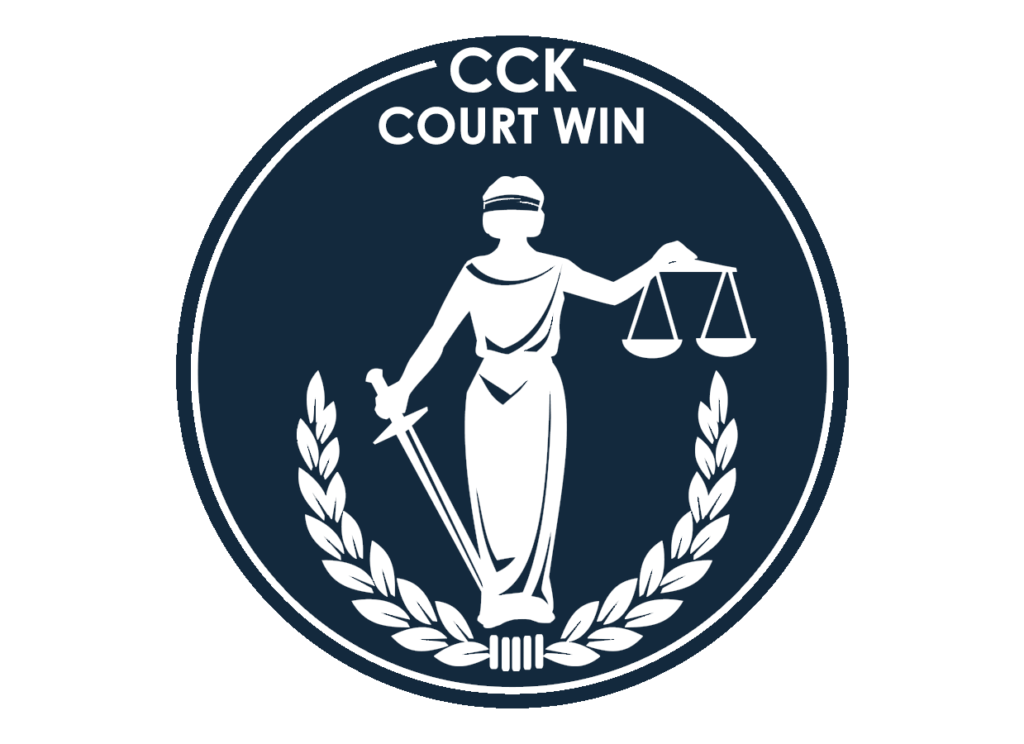CCK Successfully Argues for Reversal of the Board’s Presumption of Soundness Determination

CCK Law: Our Vital Role in Veterans Law
Summary of the Case
The Veteran served in the United States Army from 1975 to 1977. Prior to entering military service, he injured his back on five different occasions. However, the Veteran’s entrance exam did not record any back problems or recurrent back pain. Additionally, the Veteran did not seek treatment for his back condition during service, but reports that he suffered back pain during that time stemming from basic training and while working as an auto mechanic. Following service, the Veteran suffered an additional four back injuries. The Veteran applied for service-connected compensation for his back condition in 2009. In 2015, the Veteran attended an examination for his back condition in which the examiner concluded that his disability clearly and unmistakably preexisted and was not aggravated by service. Furthermore, the examiner held that his back problems most likely stem from the injuries he sustained prior to military enlistment. While the Veteran’s back pain has progressed, the examiner determined that it was most likely accelerated by his multiple traumas before service and possibly natural progression. As a result, the Veteran was denied service connection.
Board denies service connection and rebuts presumption of soundness
In July of 2017, the Board issued a decision denying service connection for the Veteran’s back disability and rebutting the presumption of soundness. Initially, the Veteran was presumed to have entered service in sound condition because no preexisting conditions were noted on his entrance examination. However, the Board found that the presumption of soundness had been rebutted because there was clear and unmistakable evidence that the Veteran’s back condition both preexisted and was not clearly aggravated by service based upon a review of his service treatment records and lack of treatment during service for back problems. In issuing its decision, the Board relied heavily on the 2015 VA examination.
CCK appeals to the Court
CCK successfully appealed to the Court of Appeals for Veterans Claims the Board decision that denied service connection for the Veteran’s back condition and rebutted the presumption of soundness. In regards to preexistence, CCK argued that the 2015 VA examination did not provide clear and unmistakable evidence sufficient to rebut the presumption of soundness. Specifically, the examiner’s rationale stated only that the Veteran’s back problems most likely came from the injuries he sustained prior to military service and the remainder of the examination report did not support this bare conclusion. CCK held that without an analysis or medical explanation addressing clear and unmistakable evidence, the examination provided insufficient information for the Board to conclude that the preservice back injuries are evidence that his current back condition clearly and unmistakably preexisted service.
Similarly, in regards to aggravation, CCK argued that the 2015 VA examination did not provide clear and unmistakable evidence that his preexisting condition was not aggravated during service sufficient to rebut the presumption of soundness and that the Board therefore erred in relying on it for that purpose.
CAVC agrees with CCK’s arguments
CCK argued, and the Court agreed, that the 2015 VA examination did not provide clear and unmistakable evidence sufficient to rebut the presumption of soundness. The Court upheld CCK’s argument that the Board’s conclusion regarding preexistence lacked supporting rationale. Additionally, the Court decided that although the examiner found that the Veteran’s back pain had most likely been accelerated by his pre- and post-service injuries, this did not preclude the possibility that his condition was also aggravated by service. The Board erred in finding that the absence of in-service complaints demonstrated that there was no worsening of the disability caused by service. The Court determined that reversal is the appropriate remedy in this case because VA had ample opportunity to develop the Veteran’s claim. As the Board had not succeeded in obtaining clear and unmistakable evidence sufficient to rebut the presumption of soundness, this finding is reversed and service connection for the Veteran’s back condition is remanded.
About the Author
Share this Post
